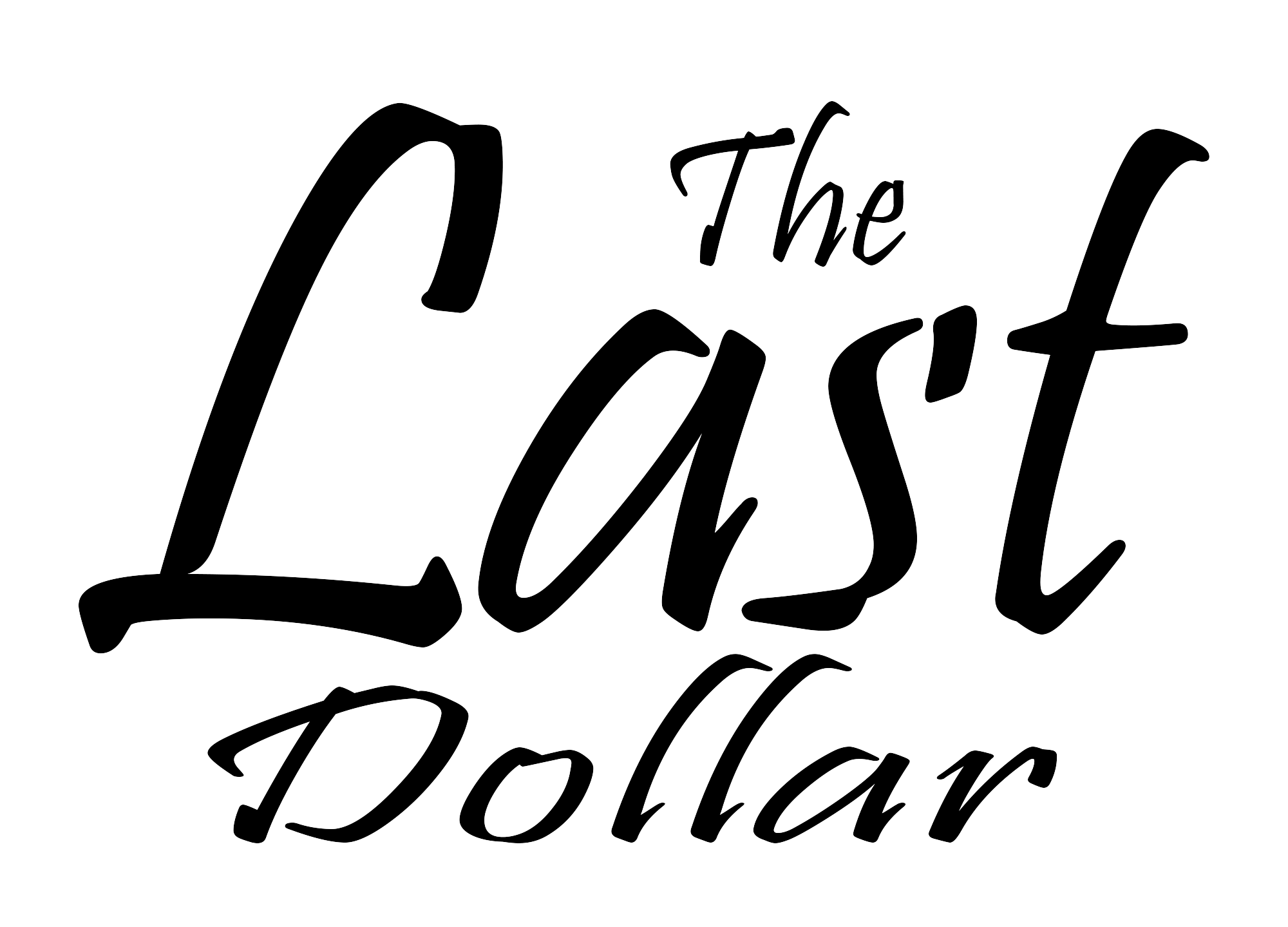In today’s fast-paced world, debt seems to be everywhere. From student loans to mortgages, and credit cards to car loans, many people find themselves relying on borrowed money to meet their needs. But with rising costs and uncertain economic conditions, it’s easy to wonder: Is debt the new normal? And, more importantly, how can we stay financially healthy in an increasingly debt-driven world?
Understanding the Debt Culture
Debt has become a routine part of modern life, and for many, it’s almost a necessity. Whether it’s financing a home, pursuing higher education, or simply managing day-to-day expenses, borrowing money can sometimes seem like the only option. The normalization of debt can be traced back to a variety of factors:
- Access to Credit: Credit cards and loans are more accessible than ever, with easy approval processes and low-interest rates in certain cases. Many consumers see borrowing as an easy way to enhance their lifestyle or manage short-term financial needs.
- Student Loans: Higher education costs have increased substantially, and for many students, loans are the only way to afford college or graduate school. This sets individuals up with debt even before they start their careers.
- Consumer Culture: The rise of consumerism, where people feel the pressure to keep up with trends and spend on things like gadgets, cars, and luxury items, can often result in unnecessary borrowing.
- Living Beyond Means: In some cases, people may borrow money to maintain a certain lifestyle, leading to a cycle of debt that becomes hard to break.
The Financial Impact of Debt
While debt is common, it’s not without consequences. Borrowing money comes with interest payments, fees, and potential risks to your financial health. Here’s how debt can impact your financial future:
- Interest Payments: The longer you carry debt, the more you’ll pay in interest, especially with high-interest debts like credit cards. These payments can take up a significant portion of your monthly budget, leaving less room for savings and investments.
- Credit Score: Carrying too much debt or missing payments can negatively affect your credit score. A lower score makes it harder to borrow money in the future or get favorable terms on loans and mortgages.
- Stress and Mental Health: Financial strain from carrying debt can lead to stress, anxiety, and even depression. The constant worry about making ends meet and paying off loans can significantly impact your well-being.
- Missed Opportunities: Debt can limit your ability to invest in long-term goals like buying a home, saving for retirement, or traveling. High monthly debt payments often leave you with little disposable income to build wealth.
How to Stay Financially Healthy While Managing Debt
While debt is common, it doesn’t have to control your financial future. Here are some steps you can take to stay financially healthy and minimize the impact of debt:
1. Create a Budget
The first step to managing debt and maintaining financial health is understanding where your money is going. Creating a budget helps you track income, expenses, and debt repayments. By knowing exactly how much you owe and how much you can spend, you can prioritize your debt payments and avoid overspending.
2. Pay Off High-Interest Debt First
If you have multiple debts, prioritize paying off high-interest debts, such as credit cards. The interest on these can quickly snowball, leaving you with more debt than you originally borrowed. Once high-interest debts are paid off, you can shift your focus to lower-interest loans.
3. Avoid Taking on More Debt
While it’s tempting to take on new credit or loans, resist the urge unless absolutely necessary. If you already have significant debt, borrowing more will only add to your financial strain. Focus on reducing existing debt before considering new borrowing.
4. Build an Emergency Fund
Having an emergency fund is essential for financial stability. It acts as a safety net when unexpected expenses arise, reducing the need to rely on credit cards or loans in times of crisis. Aim to save at least three to six months of living expenses in a liquid, easily accessible account.
5. Negotiate Loan Terms
If you’re struggling to make debt payments, don’t hesitate to negotiate with creditors. Many lenders are willing to work with borrowers to adjust payment terms, reduce interest rates, or extend the loan term to make it more manageable.
6. Seek Professional Financial Advice
If your debt is overwhelming and you’re unsure where to start, consider seeking the help of a financial advisor or debt counselor. These professionals can help you create a tailored plan to pay off your debt and improve your financial health.
7. Focus on Long-Term Financial Goals
It’s easy to get caught up in the immediate need to pay off debt, but remember that financial health is about building a strong foundation for the future. While paying down debt, also focus on saving and investing for long-term goals like retirement, buying a home, or starting a business.
Conclusion: Is Debt the New Normal
While debt may be a part of many people’s financial journey, it shouldn’t define your financial future. By managing debt responsibly, sticking to a budget, and focusing on long-term financial goals, you can stay financially healthy, even in an increasingly debt-driven society. Remember, the key is not to let debt control you but to control your debt and work toward financial freedom.
Discover our expert blogs for insightful tips on managing your finances effectively! Also, don’t forget to follow us on X.












